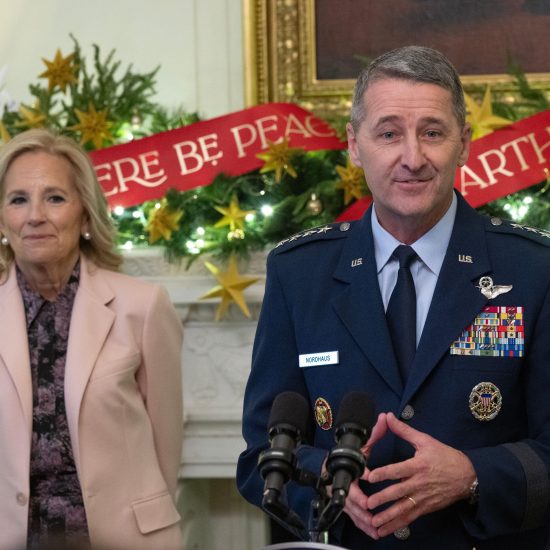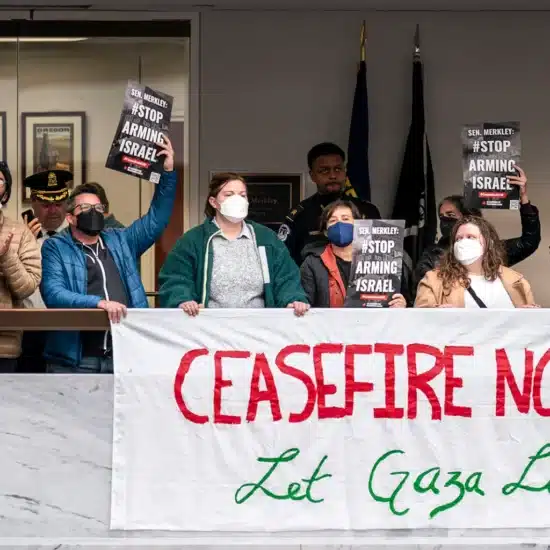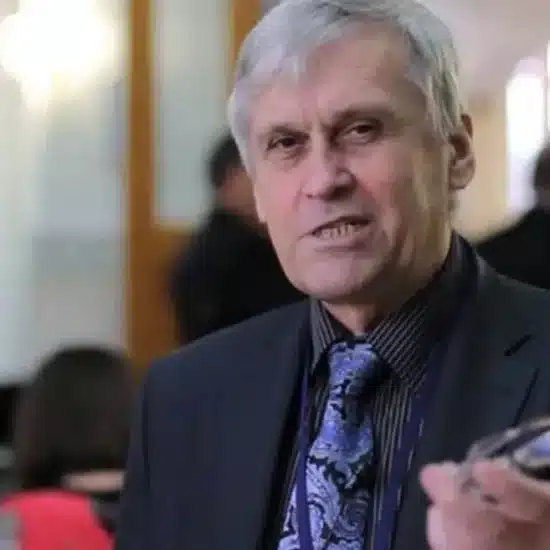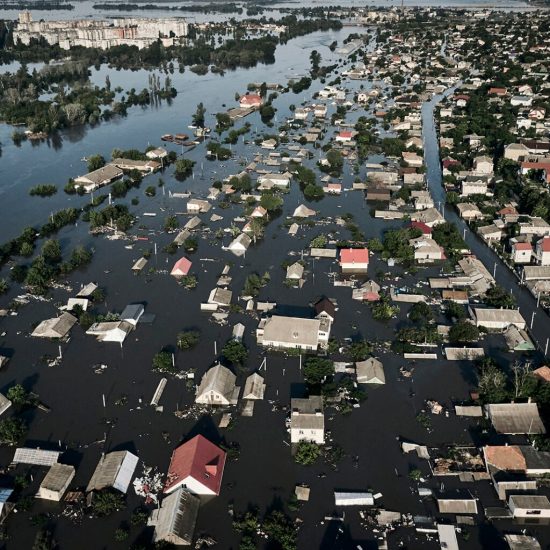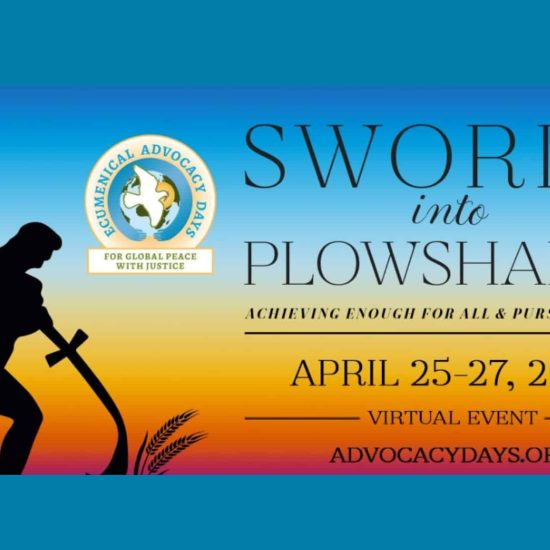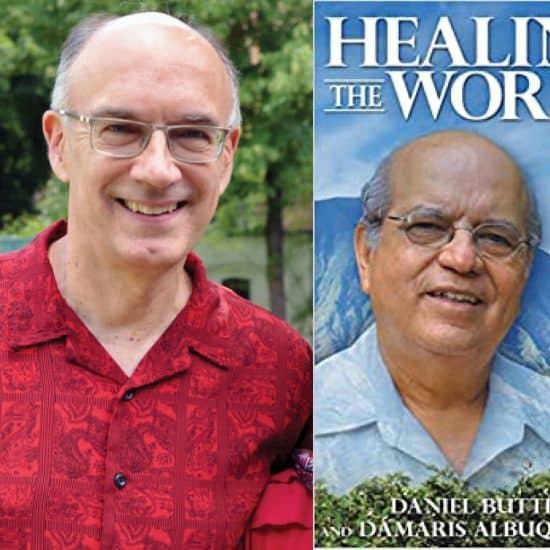The first half of August is a difficult time for many Japanese people, especially for those middle-aged or above. There are so many painful memories, from direct experience or firsthand accounts, of August 1945: the atomic bombing of Hiroshima on August 6 and of Nagasaki on August 9 and then on August 15 the Emperor’s announcement on radio to the startled and grieving Japanese public that Japan had lost the war. (The actual surrender papers were signed on September 2 aboard the USS Missouri.)
The great suffering caused by Japan’s warring activities from 1931 to 1945, in what the Japanese refer to as the Fifteen- Year War, has since the end of that war motivated many Japanese people to be strong advocates of world peace.The great suffering caused by Japan’s warring activities from 1931 to 1945, in what the Japanese refer to as the Fifteen- Year War, has since the end of that war motivated many Japanese people to be strong advocates of world peace. That is especially true for Japanese churches and individual Christians, for there was oppression of churches and persecution of some Christians during that terrible time. Because of that painful past, the first half of August is a time when many, perhaps most, Baptist churches in Japan strongly emphasize peace.
 Central Seminary recently launched the Buttry Center for Peace and Nonviolence. The center is named for Dan and Sharon Buttry, Global Peace Consultants for International Ministries of American Baptist Churches, USA. (Central Seminary)In this country, by contrast, there has often been considerable glorification of war, or at least of what is seen to be the fruits of war. Southern Baptists have often been among the most ardent supporters of the war efforts of the U.S. government, including the Iraq War of 2003-11. While there was considerable opposition to that “preemptive” war by various Christian organizations and many individual Christians in the U.S., as well as some of us Baptist missionaries in Japan, the leaders of the Southern Baptist Convention were among the most vocal supporters of the Iraq War from the beginning. And at the 2003 meeting of the SBC in Phoenix, the messengers approved a resolution titled “On the Liberation of Iraq,” which lauded the war efforts of the U.S. Still, through the years there have been Baptists who have worked diligently for peace — and some who are passionately pursuing peace at the present time. One of the first Baptist peace groups was the Baptist Pacifist Fellowship, formed in November 1939. After two other name changes, in 1974 that organization became known as the American Baptist Peace Fellowship. It was active under that name for the next ten years. In December 1980, some Baptists in Louisville, Ky., began publishing Baptist Peacemaker. By October 1989 it was being sent free of charge to some 13,500 individuals with another 4,000 being sent to local churches, seminaries and Baptist Student Unions.
Central Seminary recently launched the Buttry Center for Peace and Nonviolence. The center is named for Dan and Sharon Buttry, Global Peace Consultants for International Ministries of American Baptist Churches, USA. (Central Seminary)In this country, by contrast, there has often been considerable glorification of war, or at least of what is seen to be the fruits of war. Southern Baptists have often been among the most ardent supporters of the war efforts of the U.S. government, including the Iraq War of 2003-11. While there was considerable opposition to that “preemptive” war by various Christian organizations and many individual Christians in the U.S., as well as some of us Baptist missionaries in Japan, the leaders of the Southern Baptist Convention were among the most vocal supporters of the Iraq War from the beginning. And at the 2003 meeting of the SBC in Phoenix, the messengers approved a resolution titled “On the Liberation of Iraq,” which lauded the war efforts of the U.S. Still, through the years there have been Baptists who have worked diligently for peace — and some who are passionately pursuing peace at the present time. One of the first Baptist peace groups was the Baptist Pacifist Fellowship, formed in November 1939. After two other name changes, in 1974 that organization became known as the American Baptist Peace Fellowship. It was active under that name for the next ten years. In December 1980, some Baptists in Louisville, Ky., began publishing Baptist Peacemaker. By October 1989 it was being sent free of charge to some 13,500 individuals with another 4,000 being sent to local churches, seminaries and Baptist Student Unions.
The American Baptist Peace Fellowship and others joined in forming the Baptist Peace Fellowship of North America in March 1984. Its original purpose statement began: “The purpose of the Baptist Peace Fellowship of North America is to unite and enable Baptist Christians to make peace in our warring world.” Ken Sehested, an ordained Southern Baptist minister, was elected as executive director. During the first year, more than 500 people sent in membership dues.
In October 1989, the final decision to merge the Baptist Peacemaker and BPFNA was made — and the latter continued to publish that quarterly periodical. The first three issues of Vol. 38 have already been published this year. BPFNA also sponsors a “Peace Conference” each summer. The 34th such conference was held last month in western New York state. In July 2019 the annual conference will be merged with the Sixth Global Baptist Peace Conference to be held in Cali, Colombia.
In May of this year, Central Baptist Theological Seminary in Shawnee, Kan., marked the launch of the Buttry Center for Peace and Nonviolence. That significant new Center is named for Dan and Sharon Buttry, Global Peace Consultants for International Ministries of the American Baptist Churches, USA. From August 7-16 the Buttrys will be co-facilitating a 10-day intensive Training of Conflict Transformation Trainers at Central Seminary. This will be the first major program for the new Center for Peace and Nonviolence.
 For the healing of the Nations, by Paul R. DekarIn addition to the organizations mentioned above, there have been many notable individual Baptist peacemakers. An excellent source for learning about both Baptist peacemaking groups and individuals is Canadian Baptist Paul R. Dekar’s 1993 book “For the Healing of the Nations: Baptist Peacemakers.” Among well-known Baptists of the past whom Dekar highlights as peacemakers are Roger Williams, Charles Haddon Spurgeon, Walter Rauschenbusch and Howard Thurman.
For the healing of the Nations, by Paul R. DekarIn addition to the organizations mentioned above, there have been many notable individual Baptist peacemakers. An excellent source for learning about both Baptist peacemaking groups and individuals is Canadian Baptist Paul R. Dekar’s 1993 book “For the Healing of the Nations: Baptist Peacemakers.” Among well-known Baptists of the past whom Dekar highlights as peacemakers are Roger Williams, Charles Haddon Spurgeon, Walter Rauschenbusch and Howard Thurman.
Throughout his book there are also many references to Edwin Dahlberg, who is perhaps not so widely known but who was one of the leading Baptist peacemakers of the twentieth century. Dahlberg (1893- 1986) was an American Baptist pastor and a passionate peacemaker. He spent his last 12 years as a pastor at Delmar Baptist Church (now Dayspring Baptist Church) in St. Louis, Mo.
He was a co-founder of the Baptist Pacifist Fellowship in 1939 and was a staunch advocate of pacifism during World War II, the Korean War and the Vietnam War. The Gandhi Peace Award, established in 1960, selected two peacemakers to receive the awards that inaugural year: Dahlberg and Eleanor Roosevelt.
In 1964, the American Baptist Churches established the Dahlberg Peace Award, and its first recipient was Martin Luther King, Jr. (That was the same year MLK also received the Nobel Peace Prize.) Other notable Baptists to be honored with the Dahlberg Peace Award include Jimmy Carter in 1979 (23 years before he was awarded the Nobel Peace Prize), Ken Sehested in 1995, Marian Wright Edelman in 1997 and Congressman John Lewis in 2003.
I was particularly happy that my friend Ken Sehested was given that Award. He was deserving of that recognition because of his stalwart work as founding executive director of BPFNA.
During BPFNA’s first few years, they published PeaceWork, a bimonthly newsletter. In a 1987 issue, Sehested wrote, “We do not wish to be viewed simply as an anti-war group. … We understand violence to be the opposite of shalom — not just war making, but also child abuse, hunger, civil and human rights abuses.” He added, “If Baptists had saints, then Martin Luther King Jr. would be the patron saint of the BPFNA.”
In the more than 30 years since then, BPFNA has continued to work passionately for peace and justice; it is not possible to have the former without the latter.
The initial impetus for this article came when earlier this year I saw the list of 2017 contributors to the work of BPFNA, listed by state. In contrast to the numerous donors in many other states, there were only six units (individuals or couples) in Missouri and seven in Kansas who contributed and only one Kansas church in the two states that financially supported the work of BPFNA last year.
Surely there are many other Baptists in Missouri and Kansas who can and will join in the important endeavor to work for peace — or at least to support with their financial gifts and prayers those who are passionately pursuing peace here in this country as well as in Japan and in other countries around the world.
Leroy Seat served as a Southern Baptist missionary in Japan beginning in 1966. Upon his retirement in 2004, he became professor emeritus at Seinan Gakuin University and pastor emeritus of Fukuoka International Church. He and his wife, June, now live in Liberty, Mo.

